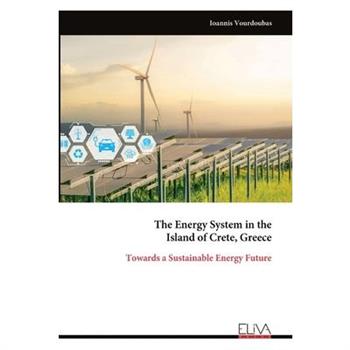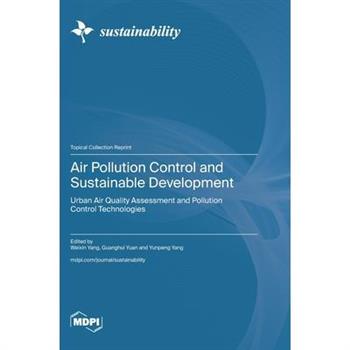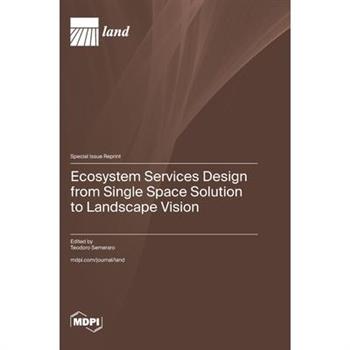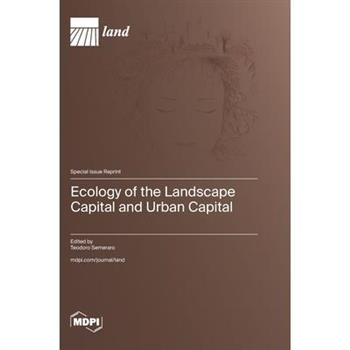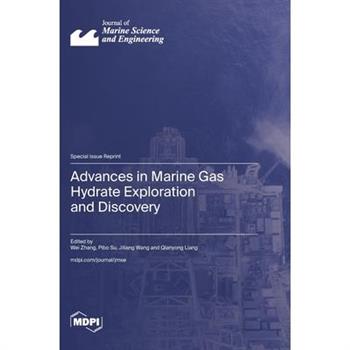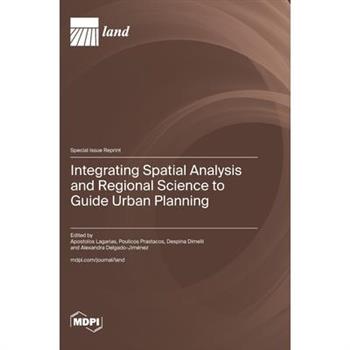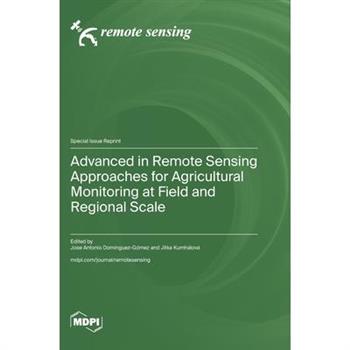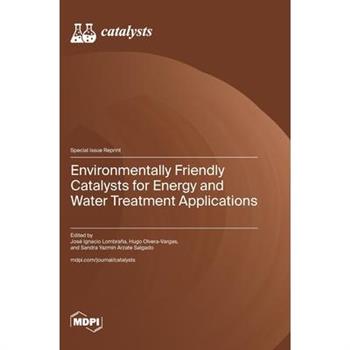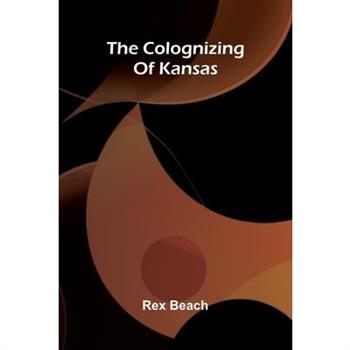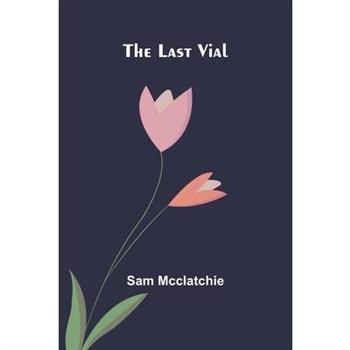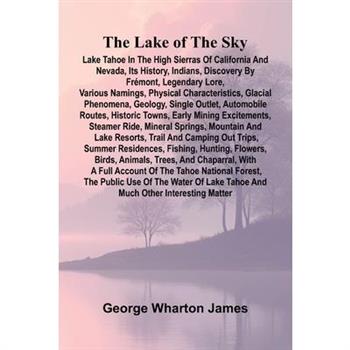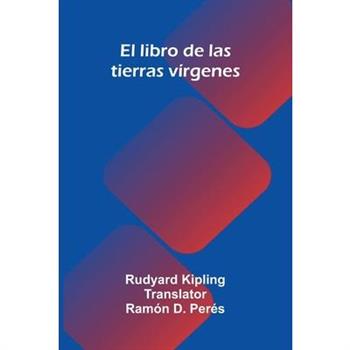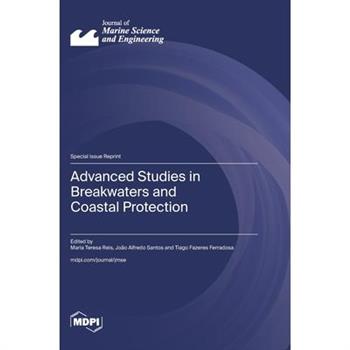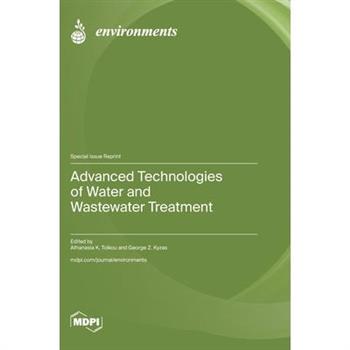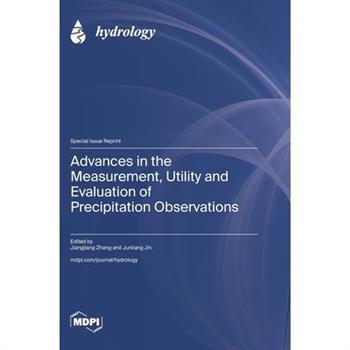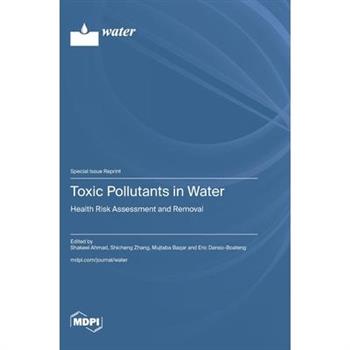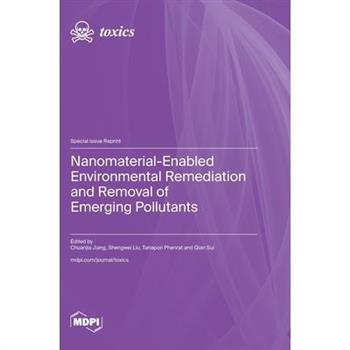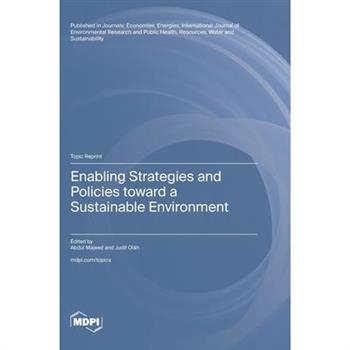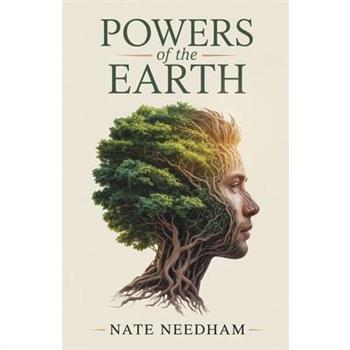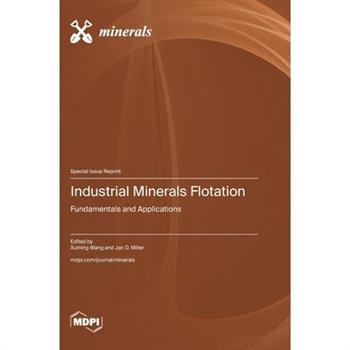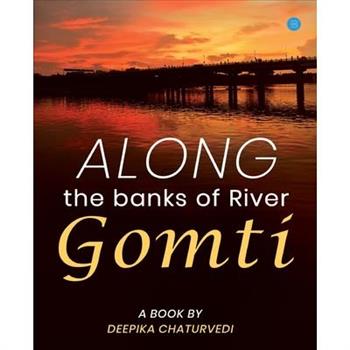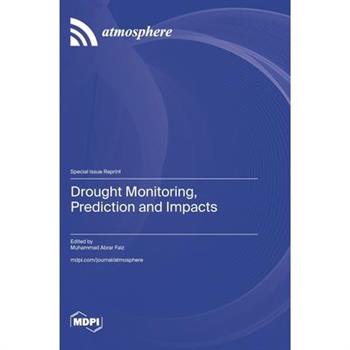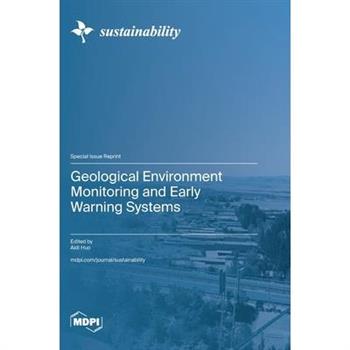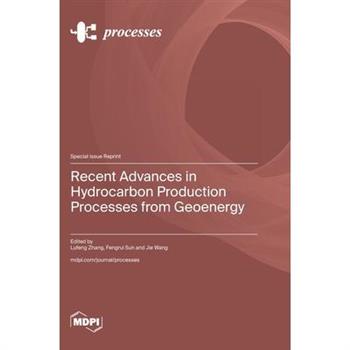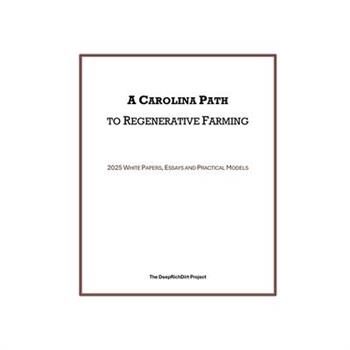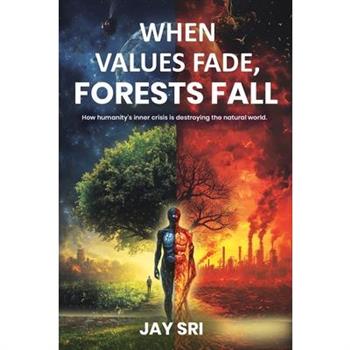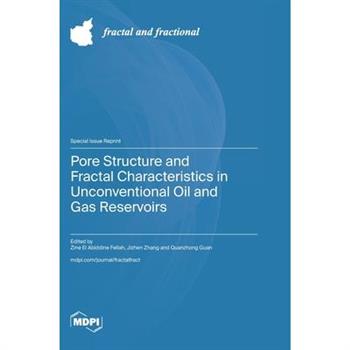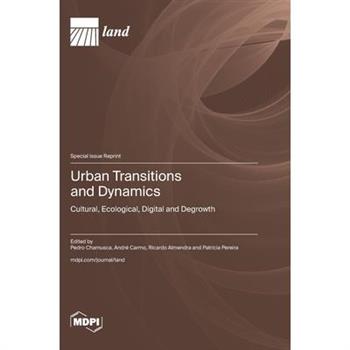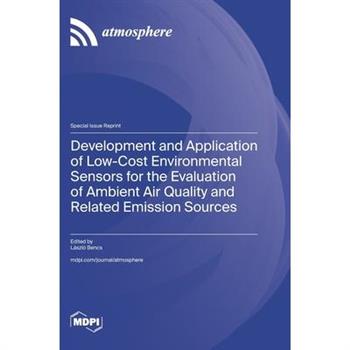Grounded
Align with the cycles of nature by reconnecting with the divine feminine and exploring the inner and outer work necessary to save our planet, beginning with the soul of our soil. The environment is in trouble--and we're seeing direct effects on human health. Only when we restore our natural connection with the earth can we help to heal it and ourselves. This is the premise of Grounded, a clarion call and revolutionary guide from author Dr. Erin Yu-Juin McMorrow. Based on current trends, it's estimated that over 90% of the earth's soil could become degraded by 2050, affecting food production, flooding, and clean water supplies. This isn't a doomsday prophecy--it is our realistic future if we don't take action now. In this revised and updated edition, McMorrow provides tools and practices to transform ourselves, our socioeconomic systems, and the environment. McMorrow guides us through: - How everything from biodiversity loss to ocean acidification has roots in the killing of the microscopic life in our soil- The interconnection of the destruction of our earth and the feminine- How our natural cycles parallel the sacred cycles of nature- Practices, personal reflections, and meditations to help you start making a difference right now and remember that you are of the earth It's time to ground ourselves, returning to a cyclical, regenerative style of living, eating, loving, and dying. "Being grounded involves rooting within ourselves to expand in the world," explains McMorrow. "It means navigating from a place of power, clarity, creativity, and balance." Explore the ecological and spiritual basis of our existing climate crises--including what's happening with our soil and carbon cycles--to understand how we've gotten into our current state. Grounded gives us the wisdom and guidance to do the sacred work of reconnecting with the divine feminine and initiating transformation to address our carbon legacy and save our planet and ourselves.
Shelter from the Storm
A Literary Hub Most Anticipated Book An urgent wake-up call about the coming large-scale human displacement caused by climate change, from one of the world's leading experts Mere decades from now, millions of people all over the world will be forced to move because of climate change. Entire islands will disappear into the sea. Once-in-a-century hurricanes will occur on a regular basis, decimating cities and wiping out peoples' homes. Wildfires fed by prolonged drought will rage through communities. No one will be immune: in countries rich and poor, climate change will usher in a new era of migration. In Shelter from the Storm noted journalist and migration researcher Julian Hattem tells the story of the massive human displacement that is already being caused by climate change. With hard-hitting journalism from the front lines of the environmental apocalypse, Hattem takes the reader on a journey from the South Pacific to the Indian subcontinent, the Mediterranean, and beyond, offering a shocking glimpse into the human geography wrecked by a warming planet. Shelter from the Storm also provides rich historical perspective on how climate has impacted migration and a primer on cutting-edge climatological research, creating a multidimensional portrait of this uncertain new age. A work of profound expertise and storytelling, Shelter from the Storm gives a human face to the millions of climate migrants who are leaving their homes--and the millions more who will follow.
Atomic Albion
Walking tours of Britain's nuclear power stations, exploring the history of the sites they occupy and their social, ecological, and cultural impact on the landscape. The United Kingdom has sixteen nuclear power stations. Most go under the radar, but their presence is enormous, both physically and culturally. They divide opinion like nothing else. Are they relics of a past era, or a crucial part of our futures? Are they cathedrals of science or temples of doom? Atomic Albion is a journey around Britain's nuclear power stations and the country itself. From the Essex marshes to the Anglesey coast, from the Dungeness shingle to the far north of Scotland, Tom Bolton explores how nuclear sites shape the places around them, and enters the impossible world of nuclear power and weapons.




